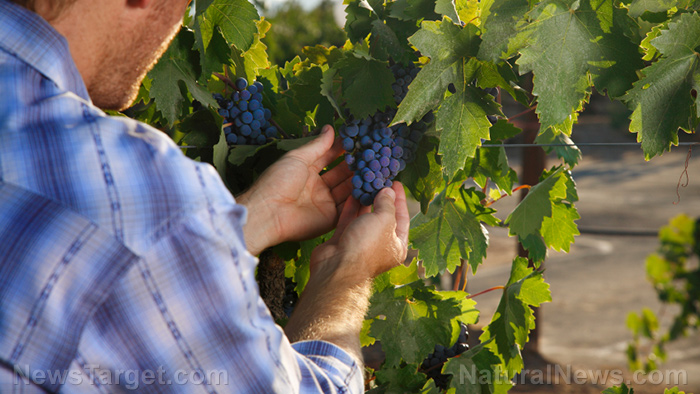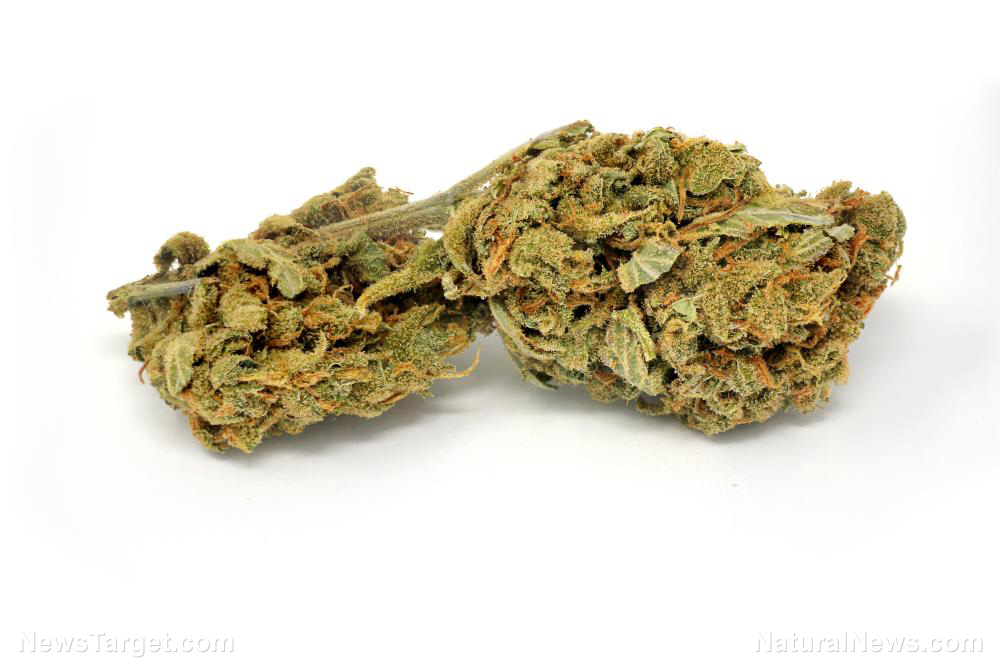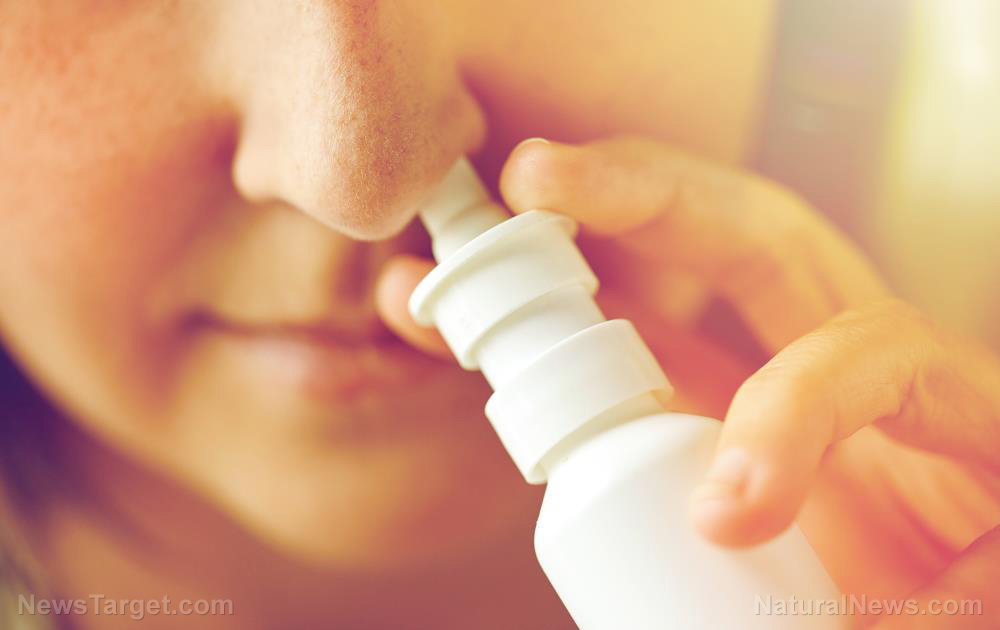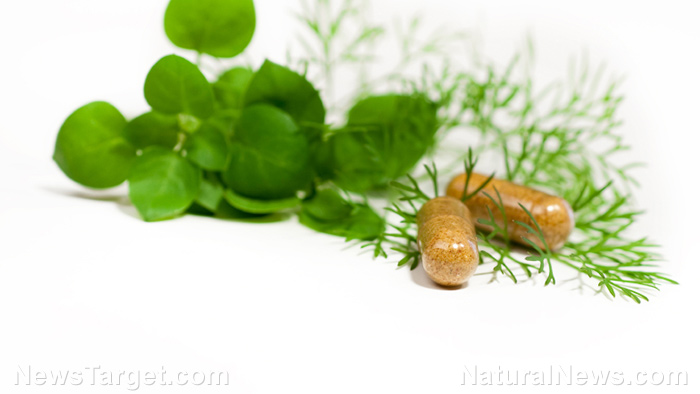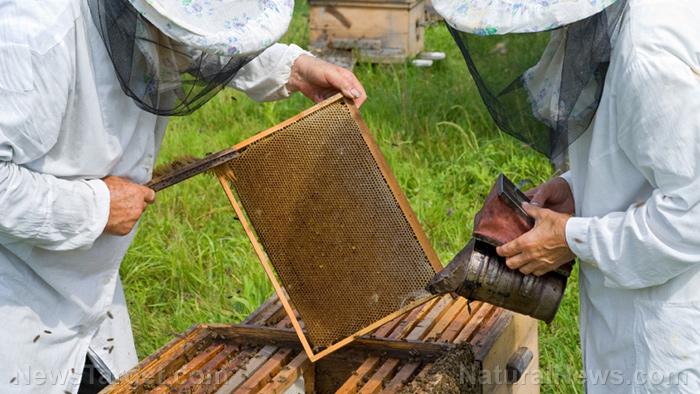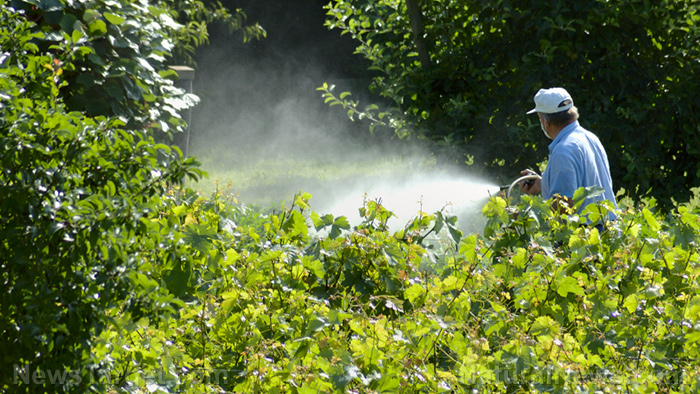Vitamin K could offer protection against severe COVID-19, study shows
01/20/2022 / By Cassie B.
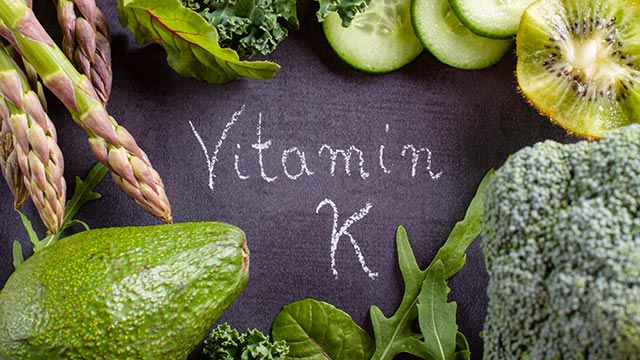
Proper nutrition can make a difference when it comes to many health problems, and COVID-19 is no exception. While zinc, Vitamin C and Vitamin D have been getting a lot of attention when it comes to COVID-19, researchers are now pointing to another useful nutrient: vitamin K.
This fat-soluble vitamin is already well-known for its role in blood clotting, and that’s why it could have a protective effect against COVID-19 given the virus’s ability to cause blood clotting degradation of elastic fibers in the lungs.
In severe cases of COVID-19, thromboembolism is fairly common. This occurs when a blood clot blocks a blood vessel. Many patients may also experience coagulopathy, which is impairment in the ability of blood to form clots. Both conditions are linked to lower survival rates from the disease.
In a Preprint study, Dutch researchers suggested that people with severe COVID-19 may have low levels of vitamin K. They wrote: “Coagulation is an intricate balance between clot promoting and dissolving processes in which vitamin K plays a well-known role.”
The researchers looked at 123 patients admitted to a hospital in the Netherlands with COVID-19, as well as 184 control patients. They studied the patients’ levels of vitamin K and elastin degradation and found that those patients with the virus who had unfavorable outcomes had significantly higher levels of the dp-ucMGP protein, which indicates low vitamin K, when compared to people with less severe disease.
The researchers noted: “Vitamin K status was reduced in patients with COVID-19 and related to poor prognosis. Also, low vitamin K status seems to be associated with accelerated elastin degradation. An intervention trial is now needed to assess whether vitamin K administration improves outcome in patients with COVID-19.”
Speaking to The Guardian about the results, study author Dr. Rob Janssen supported taking vitamin K supplements, with the exception of those who are on anticlotting medications.
“We do have an intervention which does not have any side effects, even less than a placebo. There is one major exception: people on anticlotting medication. It is completely safe in other people. My advice would be to take those vitamin K supplements. Even if it does not help against severe Covid-19, it is good for your blood vessels, bones and probably also for the lungs.”
How to get more vitamin K
If you look for vitamin K supplements, you’ll find there are two types: vitamin K1, or phylloquinone, and vitamin K2, or menaquinones.
You can get vitamin K1 from leafy greens such as broccoli, kale, spinach and cabbage, and it helps your blood to clot properly. However, it’s worth noting that the body’s ability to absorb vitamin K1 from food is quite low, with just 10 percent of it being absorbed.
Vitamin K2 is known for its role in heart and bone health and can be found in grass-fed animal products such as dairy, meat, eggs and liver. Fermented foods like sauerkraut, natto and certain cheeses are also good sources of vitamin K2.
Nearly all of the vitamin K2 in foods like cheese is absorbed easily by the body. Natto is the best source, but for those who can’t find it, some cheeses work well, especially Dutch cheeses like edam and gouda and the French cheeses munster and brie.
Because vitamin K is fat soluble, it is important to consume it with fat, such as olive oil, to improve absorption. Many foods that are rich in vitamin K2 also happen to be rich in fat, like meat, cheese and egg yolks.
There is still so much that scientists are learning about COVID-19, but studies like these underscore the importance of a well-rounded diet that provides diverse nutrients for optimum health.
Sources for this article include:
Tagged Under: #nutrition, alternative medicine, coronavirus nutrients, covid-19, discoveries, food cures, food is medicine, food science, infections, natural health, outbreak, pandemic, research, supplements, Vitamin K
RECENT NEWS & ARTICLES
COPYRIGHT © 2017 FOOD SCIENCE NEWS





